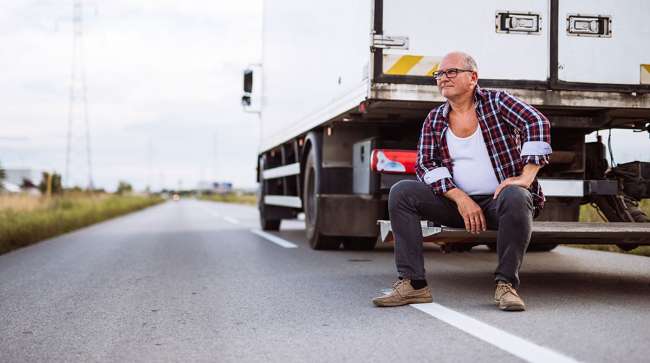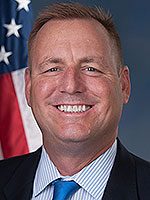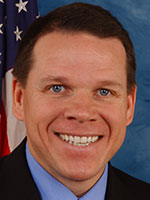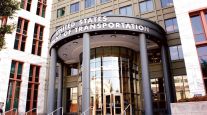Senior Reporter
FMCSA Seeks Public Comments on Meal, Rest Break ATA Petition

The Federal Motor Carrier Safety Administration announced that it is accepting public comment on a petition American Trucking Associations recently filed on California’s meal-and-rest-break rules.
Interested parties have until Oct. 29 to share opinions or perspective about the petition, which requests that the agency determine that California’s rules are pre-empted by federal law.
ATA’s argument is that duplicative state break rules are incompatible with federal regulations, create an unreasonable burden to interstate commerce and hinder safety along transportation corridors.
SUBMIT YOUR COMMENTS: FMCSA seeks comments on a petition submitted by the @TRUCKINGdotORG requesting a determination that the CA meal & rest break rules are preempted by Federal law. Comment deadline is October 29. Learn more here: https://t.co/OdLlhHLtbi. pic.twitter.com/X0argK7oHe
— FMCSA (@FMCSA) September 28, 2018
In a letter to Transportation Secretary Elaine Chao on Sept. 25, a bipartisan group of congressional transportation leaders expressed support for a U.S. DOT-led review on the impact state meal-and-rest-break requirements could have on the trucking industry.
Before turning to FMCSA, ATA had sought to address concerns about California’s meal-and-rest-break rules through the legislative process. In separate interviews with Transport Topics in late September, two Republican transportation leaders vying for the chairmanship of the House transportation panel next year said they remain focused on the matter.
Transportation leaders had included a provision in an aviation bill that sought to ensure nationwide uniformity on meal-and-rest-break rules for truck drivers. However, the trucking provision was excluded from the bill’s final version.

Denham
“We’re going to continue to push it. It is something that is affecting interstate commerce and can ultimately affect our freight and goods movement in such a way that it not only affects California … but a lot of the imports that are coming in from the West Coast,” said Rep. Jeff Denham of California, chairman of the Railroads, Pipelines and Hazardous Materials Subcommittee. “We don’t want trucks pulling over on a bridge, because they’ve timed out.”
“I support any effort to fix the problem. The reason we are in this mess in the first place is because California passed a law that is in direct conflict with federal regulations on truck drivers conducting interstate commerce. Whether it’s trucking regulations or autonomous vehicles, we cannot have a patchwork of state laws that make it more difficult to move goods and people through our transportation system,” said Missouri Rep. Sam Graves, chairman of the subcommittee on Highways and Transit.

Graves
“With a friendly administration, I’m hopeful the letter I sent with my colleagues to Secretary Chao will help us resolve this issue and finally put it in the rearview. If not, we’ll plot another path.”
In fact, both Graves and Denham were signatories on that letter, along with Senate Commerce Committee Chairman John Thune (R-S.D.), and House Transportation and Infrastructure Committee Chairman Bill Shuster (R-Pa.). Democrats included Sens. Bill Nelson of Florida, Jon Tester of Montana and Heidi Heitkamp of North Dakota, along with Rep. Henry Cuellar of Texas.
If Republicans keep control of the House, the bids for the chairmanship of the Transportation and Infrastructure Committee will be decided at the start of the next Congress.
The provision that was tucked in the aviation bill was meant to clarify a 1994 law to block a California law on meal and rest breaks. That law from 2011 requires employers to provide a “duty-free” 30-minute meal break for employees who work more than five hours a day, and a second “duty-free” 30-minute meal break for those who work more than 10 hours a day.


